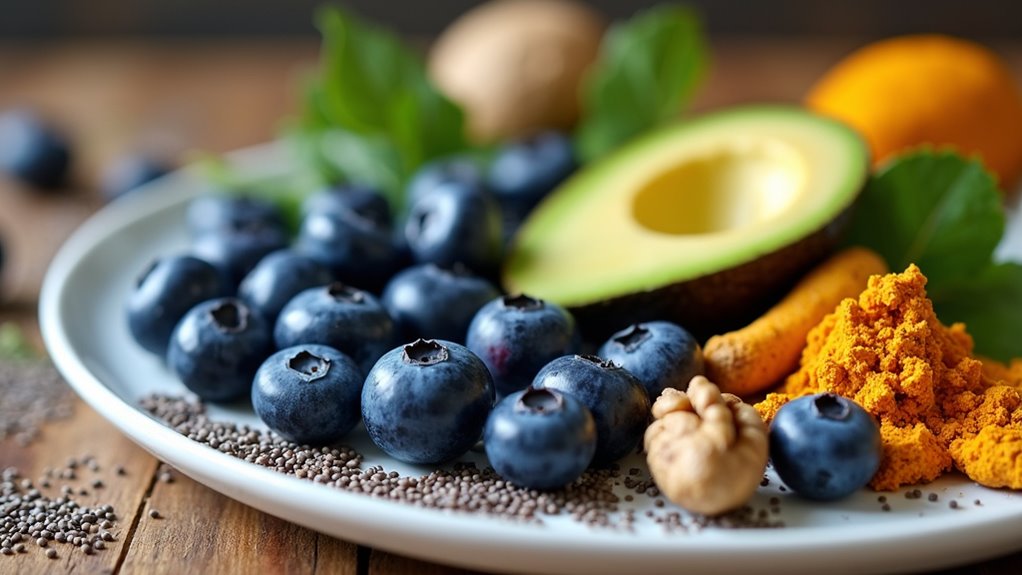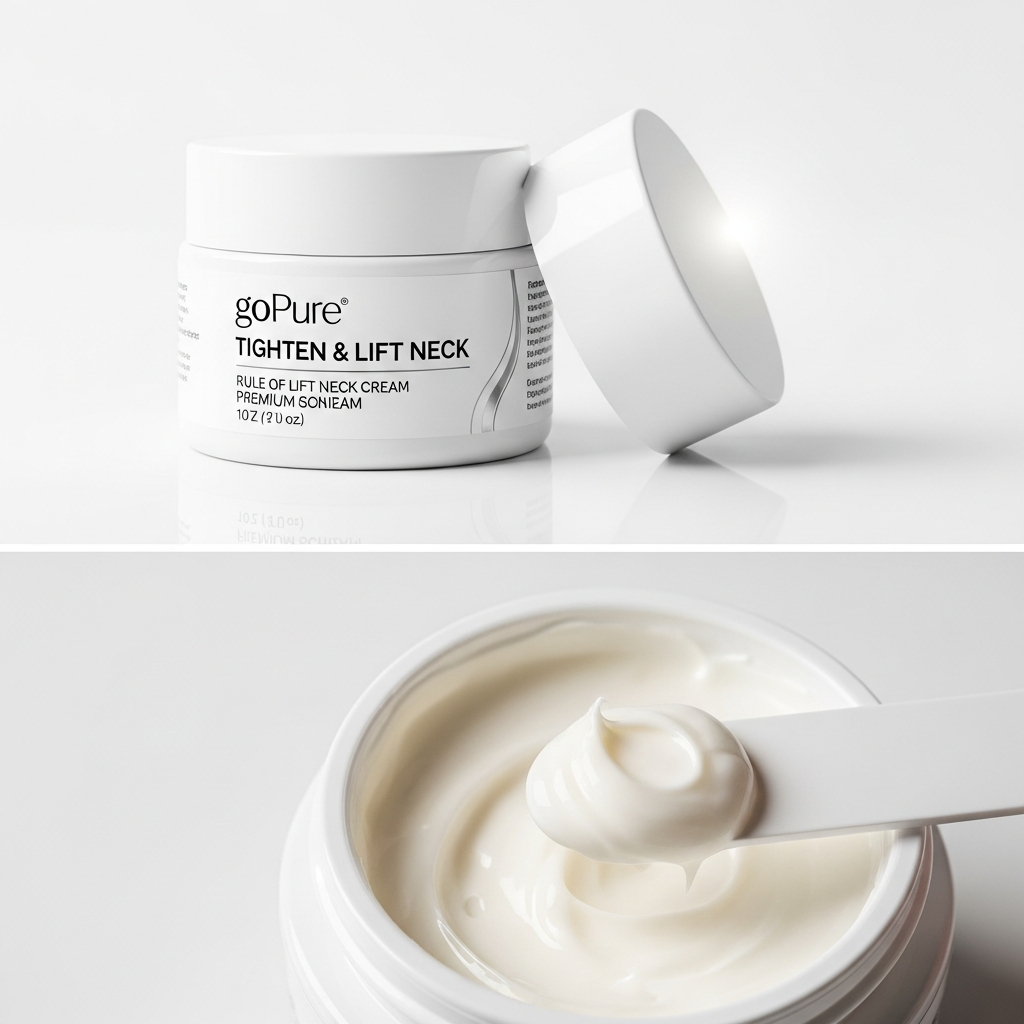On May 10, it’s important to consider the foods you eat and how they impact your brain health. Certain options can boost cognitive function and memory while protecting against decline. From fatty fish to vibrant berries, each food offers unique benefits that can enhance your mental clarity. Curious about how these foods work and what other options are available? Let’s explore the top five foods that can make a difference in your brain health.
Fatty Fish for Brain Function

Fatty fish are essential for boosting brain function, thanks to their high omega-3 fatty acid content, particularly DHA and EPA. These fats are vital for maintaining healthy brain cell membranes, ensuring smooth communication between neurons. If you want to support cognitive development, especially during pregnancy and early childhood, incorporating omega-3s is crucial. Regular consumption of fatty fish is linked to improved memory and cognitive well-being, slowing mental decline as you age. Eating fish can enhance blood flow in the brain during tasks, which aids in memory retention. Moreover, fatty fish consumption may reduce the risk of cognitive decline and neurological conditions like Alzheimer’s disease. Many individuals do not consume enough fish, so aim to eat fatty fish like salmon or sardines at least twice a week for optimal brain health.
Berries for Memory and Anti-inflammation
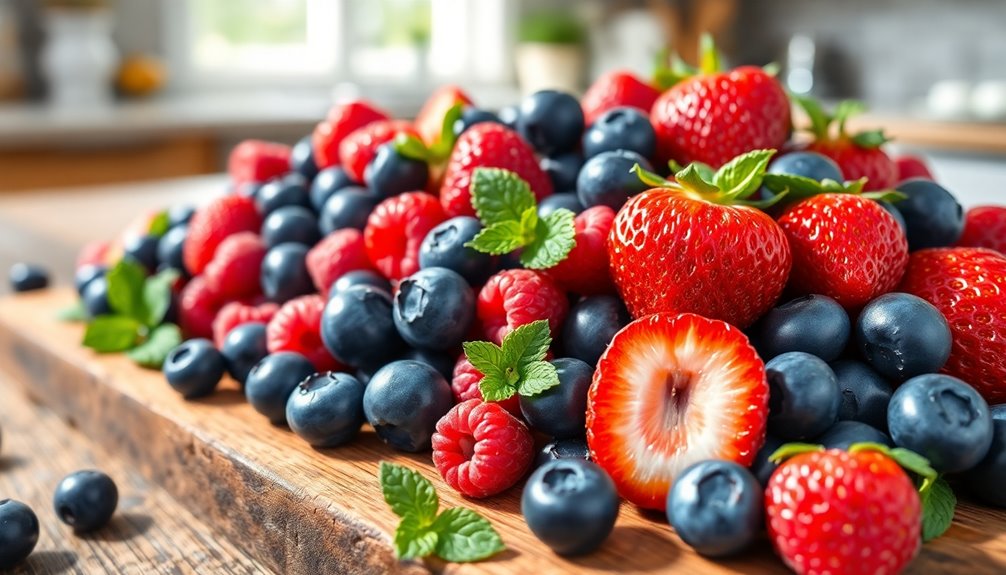
While you may be focused on various aspects of your diet, don’t overlook the incredible benefits berries offer for brain health. Packed with anthocyanins, these vibrant fruits can cross the blood-brain barrier, directly benefiting your neurons. Their strong antioxidant and anti-inflammatory properties protect brain cells from damage, enhancing memory and learning, especially in the hippocampus. Research shows that higher blueberry intake is linked to a slower cognitive decline, highlighting the importance of these fruits in maintaining cognitive health.
Regularly consuming berries is linked to slower cognitive decline, improved memory, and increased blood flow to critical brain areas. Even children can experience better memory after enjoying berry smoothies.
Additionally, berries help combat inflammation, a major factor in brain aging. By incorporating blueberries, strawberries, and blackberries into your meals, you can actively boost your brain health and support cognitive function.
Turmeric and Curcumin for Brain Health

Turmeric, often praised for its vibrant yellow hue and culinary versatility, holds remarkable potential for brain health, primarily through its active compound, curcumin.
This spice boasts powerful anti-inflammatory and antioxidant properties, which can combat chronic neuroinflammation linked to Alzheimer’s disease. Curcumin helps reduce harmful pro-inflammatory substances and scavenge free radicals, outpacing even vitamin E in antioxidant activity. Additionally, curcumin’s poor absorption rate necessitates consumption with black pepper to enhance its bioavailability, maximizing its benefits.
By preserving neuronal viability and enhancing synaptic plasticity, curcumin may improve memory and attention, as evidenced by a UCLA study showing a 28% improvement in participants with mild memory loss.
Furthermore, curcumin’s ability to boost Brain-Derived Neurotrophic Factor (BDNF) supports neuroplasticity, making it a promising ally in delaying cognitive decline and protecting against various brain disorders.
Broccoli and Leafy Greens for Cognitive Support
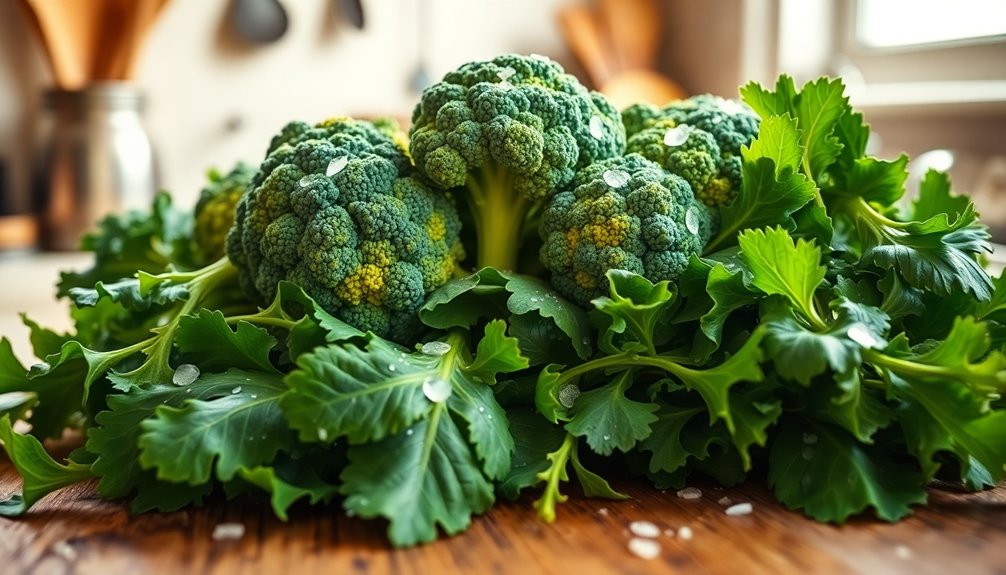
Broccoli and leafy greens aren’t just colorful additions to your plate; they’re vital allies for cognitive support.
Broccoli’s high Vitamin K content helps build essential brain cell structures, potentially enhancing cognitive performance and slowing decline. Its sulforaphane boosts neuroprotection by reducing oxidative stress and inflammation. Additionally, broccoli is loaded with high levels of Vitamin C, which supports overall immune function, allowing your brain to stay healthy and resilient.
Leafy greens like spinach and kale are rich in lutein, folate, and beta-carotene, offering neuroprotective benefits. Folate supports neurotransmitter production and healthier brain aging, while lutein improves memory and attention.
Eating just one serving of leafy greens daily can slow age-related cognitive decline, making your brain feel up to 11 years younger. Together, these veggies improve blood flow and energy, ensuring your brain stays sharp and vibrant.
Nuts and Seeds for Overall Brain Wellness
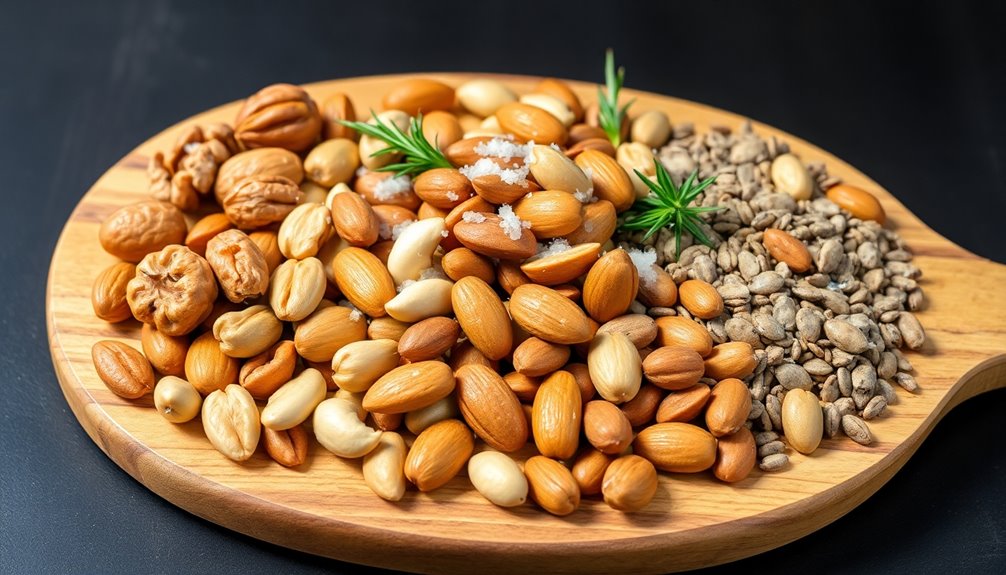
Eating a variety of foods can greatly enhance your brain health, and nuts and seeds stand out as powerful allies in this effort. Rich in omega-3 fatty acids, especially alpha-linolenic acid (ALA), they help build cell membranes and promote new brain cell formation. Omega-3s are essential for brain health, aiding in cell membrane formation and new brain cell growth.
These foods are also packed with vitamin E, a potent antioxidant that protects brain cells from damage. Nuts and seeds provide plant-based protein essential for neurotransmitter creation, supporting communication between brain cells.
For instance, walnuts can improve mood, while almonds may reduce dementia risk. Including pumpkin seeds boosts memory due to their zinc content.
Regularly enjoying these nutrient-dense foods can enhance your cognitive function and protect against cognitive decline.
Conclusion
Incorporating these five brain-boosting foods into your diet can make a big difference in your cognitive health. Fatty fish, berries, turmeric, broccoli, and nuts not only nourish your brain but also protect it from decline. By making these choices, you’re taking proactive steps to enhance your memory, support neuron function, and improve overall brain wellness. So, why not start today? Your brain will thank you for it!
